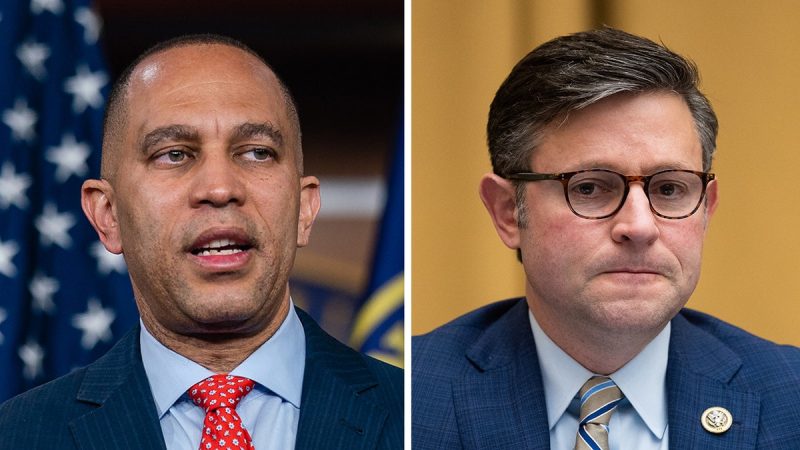In a turbulent political landscape, where bipartisan cooperation seems increasingly elusive, discussions regarding foreign aid allocation have taken center stage. As the United States seeks to bolster its global influence and uphold its commitments to international partners, the Biden administration’s proposed foreign aid plan has faced criticism from Republicans, with accusations of neglecting border security measures.
The current administration’s approach to foreign aid has probed at the core of partisan divides, with Democrats supporting a significant increase in foreign assistance funding to address global challenges such as poverty, health crises, and human rights violations. The proposed plan emphasizes the importance of diplomacy and humanitarian aid as integral components of U.S. foreign policy, aiming to enhance relationships with allies and mitigate global conflicts.
However, this vision has been met with skepticism and resistance from Republican lawmakers, who argue that the proposed plan lacks essential provisions for securing the nation’s borders and addressing domestic concerns. The absence of specific measures related to border security has raised concerns among critics regarding potential vulnerabilities and risks associated with increased foreign aid allocations.
Senator Johnson, a prominent Republican voice, has spearheaded efforts to challenge the administration’s foreign aid plan, emphasizing the need for a balanced approach that prioritizes both international assistance and domestic security imperatives. Johnson’s stance reflects broader Republican sentiments, highlighting the intricate interplay between foreign policy objectives and domestic interests.
As deliberations continue and negotiations unfold, the likelihood of Johnson seeking Democratic support to amend the foreign aid plan remains a significant development. The prospect of bipartisan collaboration on foreign aid allocation underscores the complexities of navigating divergent priorities and finding common ground in a politically polarized environment.
In this ongoing debate, the fate of the foreign aid plan hinges on the ability of policymakers to reconcile competing demands and forge a cohesive strategy that addresses both international and domestic imperatives. The outcome of these deliberations will not only shape the trajectory of U.S. foreign policy but also reflect the nation’s values and priorities on the global stage.
The confluence of ideological differences and strategic considerations underscores the multifaceted nature of foreign aid policy, highlighting the challenges and opportunities inherent in shaping America’s role in the international arena. As stakeholders engage in dialogue and negotiation, the ultimate resolution of this issue will serve as a testament to the resilience of the U.S. political system and its capacity to navigate complex geopolitical landscapes.

